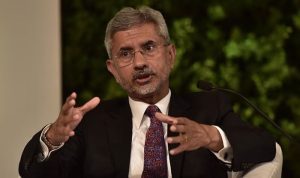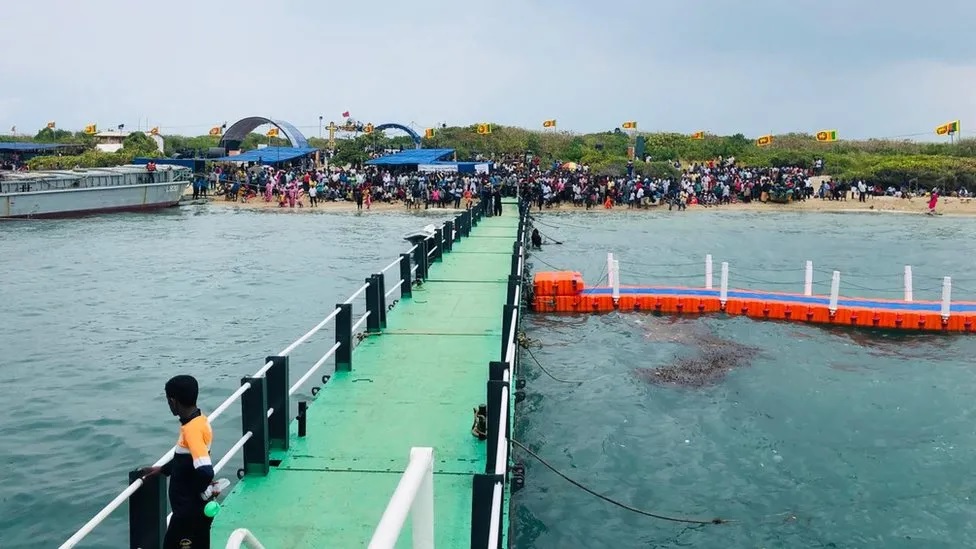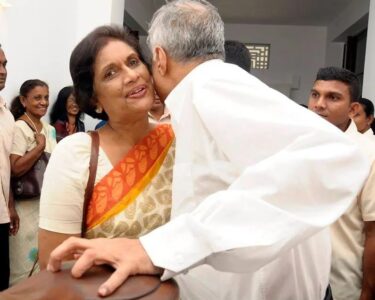India’s Bid for Fishing Rights near Katchatheevu Sparks Political Firestorm
India’s External Affairs Minister, S Jaishankar, announced India’s intent to negotiate with Sri Lanka for fishing rights near Katchatheevu, unleashing a flurry of political debate ahead of elections.

Jaishankar underscored the need to reclaim fishing rights near Katchatheevu, lamenting the island’s cession to Sri Lanka in 1974 and subsequent restrictions on Indian fishermen.
The revelation, amid disclosures of past negotiations and RTI queries, reignited scrutiny on the historical agreement and its implications for Indian fishermen.
Former Finance Minister P Chidambaram defended the 1974 agreement, citing past negotiations and asserting the island’s status as per international borders.
In a counterblow, Tamil Nadu Chief Minister MK Stalin lambasted PM Modi and BJP, accusing them of opportunistic posturing on Katchatheevu ahead of elections.
Stalin questioned PM Modi’s silence on historical encroachments by China, highlighting the alleged political motives behind the sudden focus on Katchatheevu.
PM Modi seized on the issue, targeting Congress and DMK for purportedly neglecting Tamil Nadu’s interests and accusing them of divisive politics.
Electoral Rhetoric
As electoral rhetoric escalates, PM Modi’s remarks underscored the BJP’s strategy to leverage historical grievances for political gains.
The issue, intertwined with Tamil Nadu’s electoral landscape, rekindles sentiments of regional autonomy and national identity, shaping electoral discourse.
With Lok Sabha elections looming, the Katchatheevu controversy amplifies as parties vie for voter support, tapping into historical grievances and identity politics.
The BJP’s narrative, emphasizing national integrity and victimhood, seeks to resonate with Tamil Nadu’s electorate, challenging the dominance of regional parties.

As electoral battles intensify, the Katchatheevu dispute emerges as a potent symbol of territorial sovereignty and political assertion, fuelling partisan narratives.
In the run-up to elections, the Katchatheevu saga underscores the enduring legacy of historical agreements and their reverberations in contemporary politics.
With voter sentiments at play, the Katchatheevu controversy assumes significance, reflecting broader debates on national identity and regional autonomy.







